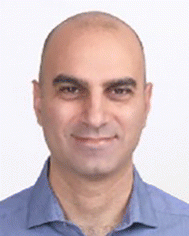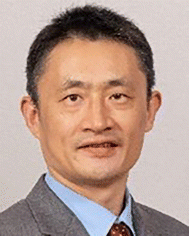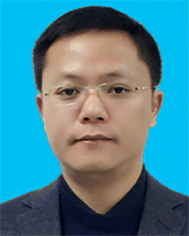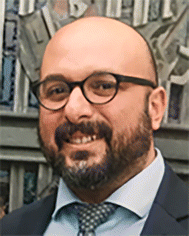 Open Access Article
Open Access ArticleCreative Commons Attribution 3.0 Unported Licence
Introduction to the themed issue on frontiers of hydrogen energy and fuel cells
Lior
Elbaz
 *,
Minhua
Shao
*,
Minhua
Shao
 *,
Jianglan
Shui
*,
Jianglan
Shui
 * and
Carlo
Santoro
* and
Carlo
Santoro
 *
*
Climate change calls for a change in the way we use and produce energy, and carbon-free has become the future direction of energy production and utilization. To obtain this, we must rely on sustainable energy sources such as wind and sun, but their intermittence limits the production of clean energy to only a few hours a day. To overcome this issue, energy storage and production technologies must be developed. Although several technologies have been proposed, the only viable scheme that could allow short-to-long-term storage and efficient energy transportation at-scale is the hydrogen economy, which relies on three pillars of technology: electrolyzers, hydrogen storage and fuel cells. In recent years, there have been rapid technological advances in hydrogen production, new hydrogen storage materials, and high-performance hydrogen fuel cells, etc. However, there are still numerous technological difficulties to overcome in each of these segments before hydrogen energy can be applied on a large scale. The current themed issue on hydrogen energy and fuel cells, addresses these difficulties and gives a comprehensive and high-level outlook to the studies conducted nowadays in these areas and some of the most interesting results and prospects.
As the first journal from the cooperation between the Royal Society of Chemistry and the Institute of Process Engineering of the Chinese Academy of Sciences, Industrial Chemistry & Materials has always been committed to promoting the green revolution and innovation of the chemical industry and materials manufacturing from theory to practice. This themed issue focuses on the development of advanced catalysts for the reactions that occur in fuel cells: the oxygen reduction reaction (ORR) and the hydrogen oxidation reaction, and showcases the work on advanced Pt-group metal-free (PGM-free) catalysts that are essential to replace PGMs in fuel cells because of their lower price. This is a very challenging task, since the current PGM-free ORR catalysts are considered inferior in performance when compared with catalysts with PGMs, especially in proton exchange membrane fuel cells. However, PGM-free catalysts do seem to be more suited for anion exchange membrane fuel cells, which have been making a significant leap in performance in durability in recent years, mainly due to improved polymer chemistry which allowed the use of advanced membrane and polyelectrolytes. Electrolyzers face a similar problem, mainly related to performance and durability. The lack of agreed-upon durability protocols hinders the focused progress in the field, but most recent results on PEM and AEM electrolyzers are also very promising. The third topic covered in this themed issue is hydrogen storage, addressed here in the use of chemical hydrogen carriers such as ammonia. These studies are at the forefront of the effort for realizing the full potential of the hydrogen economy, and hopefully will pave the way for a cleaner future.
As guest editors, we would like to thank the Editor-in-Chief, Suojiang Zhang, for the opportunity to support the production of this important themed issue, and we thank all contributing authors for their outstanding submissions, and give a special thanks to the associate editors, reviewers, and editorial office staff, for their efforts to make this wonderful themed issue come true.
Lior Elbaz: E-mail: lior.elbaz@biu.ac.il
Minhua Shao: E-mail: kemshao@ust.hk
Jianglan Shui: E-mail: shuijianglan@buaa.edu.cn
Carlo Santoro: E-mail: carlo.santoro@unimib.it
| This journal is © Institute of Process Engineering of CAS 2023 |




